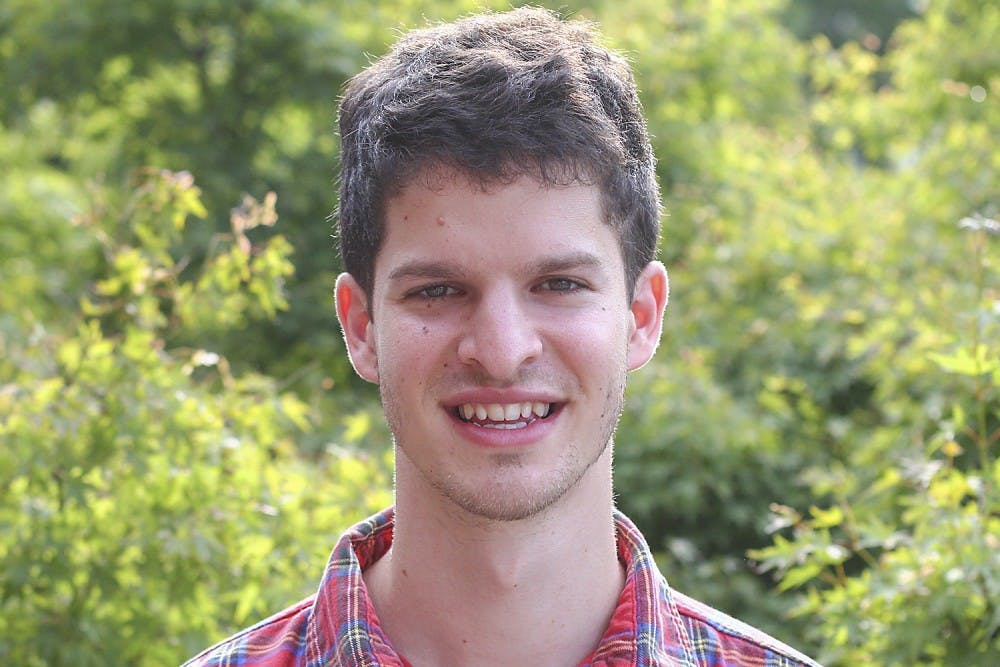In high school, I assessed my personal worth against others quantitatively. My self-esteem could have been reduced to a mathematical formula based on my class rank, the number of girls I kissed in the past six months, how I was performing in soccer games and one or two other marginal factors.
Each person has his or her own criteria, but chances are most of y’all were forced to position yourself as fundamentally better or worse than the people around you.
The college admissions process, though few of us have admitted it, was the ugliest part of high school competition. University rankings allow us to institutionally define our superiority against the kids who went to “lesser” colleges or those who would not be attending college at all. Unfortunately, this inflated sense of merit persists long after we arrive on campus.
Two years ago, I read a column in The Daily Pennsylvanian, the student newspaper at the University of Pennsylvania. The author, from Matthews, N.C., wrote about his difficulties with early failure at UPenn. He earned average scores on his early tests, but he assured the reader that all would end well for him, because he at least had not settled for a state school like UNC. He wrote:
“It’s certainly tough, going from the top to average. But a place where brilliance is the norm makes the fantastic intellectual diversity... possible. Most of us were probably standouts in our high school, and now the tables have turned. Or at least, aren’t oriented so much in our favor. But when you’re at or near the top all the time, how much more can you grow? Do you even have much of an incentive to?”
Although my man was guilty of some world-class delusional elitism, I don’t mean to single him out. The attitude informing his column is regularly replicated by folks at UNC, aimed at students at other state schools in North Carolina.
Tar Heels love to pick on N.C. State, HBCUs, community colleges and any school ranked lower than UNC-Chapel Hill. Yet many of my high school classmates who attend such institutions have been challenged to become impressive critical thinkers, artists or activists. They take classes, join organizations and engage with people that require them to ask difficult questions of themselves. A lot of UNC students are so convinced of their supposed superiority that they never challenge themselves to grow.
The same truth was evident when I visited UPenn for the weekend in February. I spent time with a lot of dynamic folks, but I also met a lot of students who self-admittedly cruised through their undergraduate careers without serious challenges to their self-conception or attitudes about their surroundings.
It is hard for me to understand why that school is so impressed with itself when it produces so many apathetic and disengaged graduates — that goes for you too, UNC.




